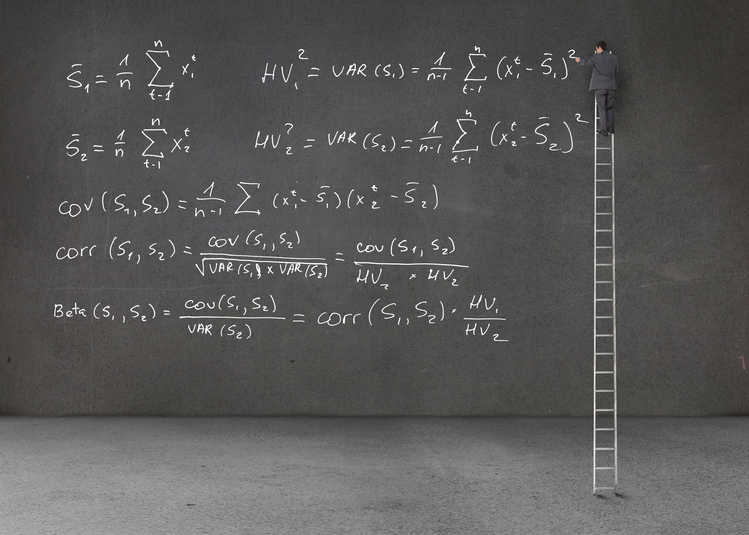I had a more generic reading, but I thought I would get more specific by quoting the Wolfram page. The only reason I didn’t directly link it here is because it also contains the answer and wouldn’t want you to click that on accident (or too quickly anyways!).
Diophantus’s riddle is a poem that encodes a mathematical problem. In verse, it read as follows:
‘Here lies Diophantus,’ the wonder behold. Through art algebraic, the stone tells how old: ‘God gave him his boyhood one-sixth of his life, One twelfth more as youth while whiskers grew rife; And then yet one-seventh ere marriage begun; In five years there came a bouncing new son. Alas, the dear child of master and sage After attaining half the measure of his father’s life chill fate took him. After consoling his fate by the science of numbers for four years, he ended his life.’
Stated in prose, the poem says that Diophantus’s youth lasts 1/6 of his life. He grew a beard after 1/12 more of his life. After 1/7 more of his life, Diophantus married. Five years later, he had a son. The son lived exactly half as long as his father, and Diophantus died just four years after his son’s death. All of this totals the years Diophantus lived.
